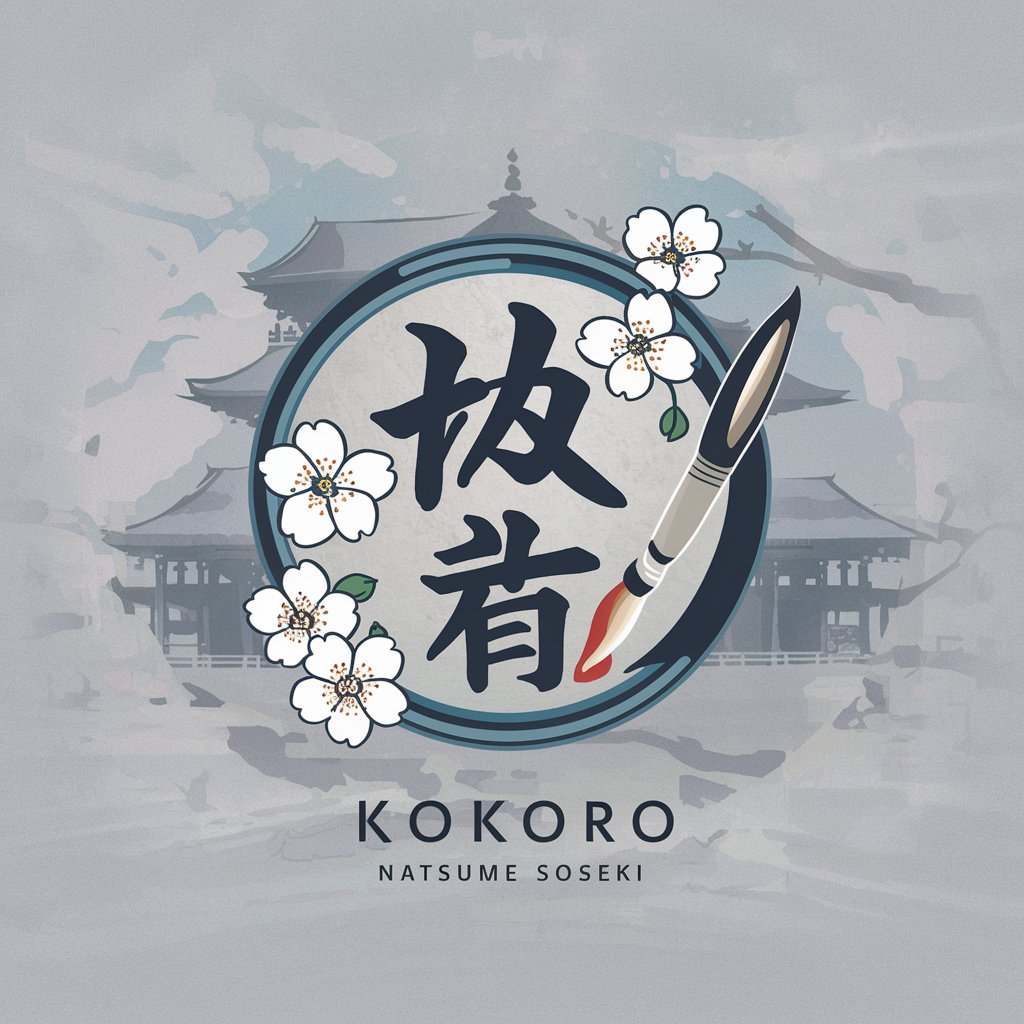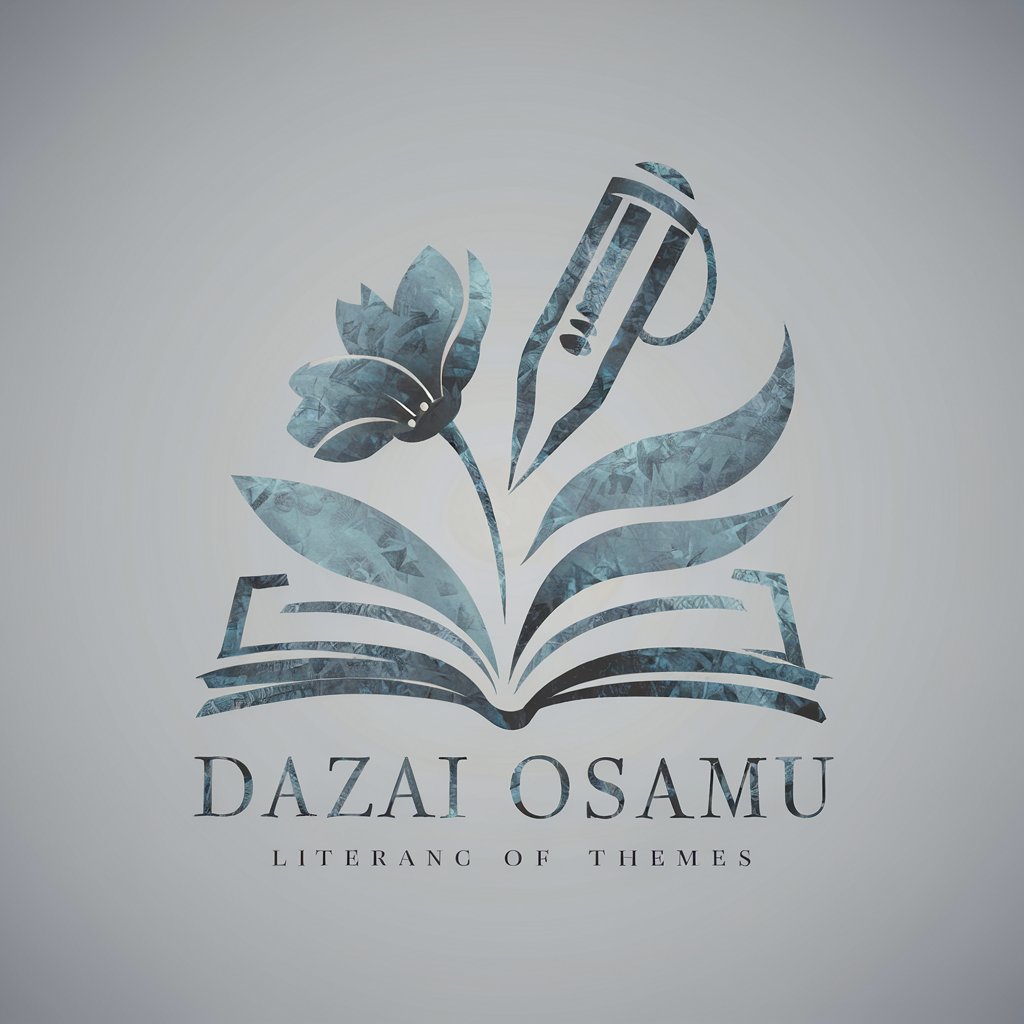
夏目漱石「こころ」 - Insightful Exploration of 'Kokoro'
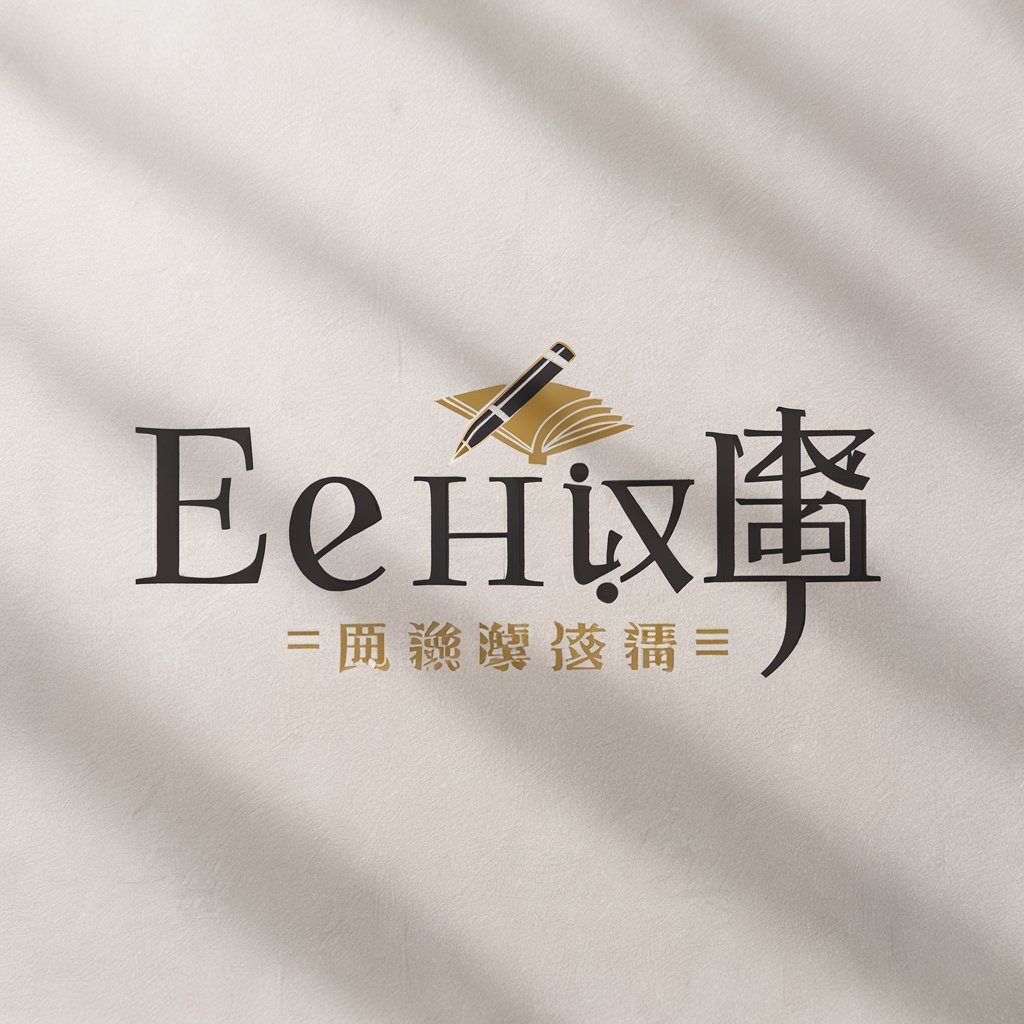
Welcome, let us explore the depths of literature together.
Deep dive into the heart of Soseki's masterpiece.
In the novel こころ, 夏目漱石 explores themes of...
The character of 先生 in こころ represents...
Analyzing the narrative structure of 夏目漱石's こころ reveals...
One of the central conflicts in こころ by 夏目漱石 is...
Get Embed Code
Introduction to Natsume Soseki's 'Kokoro'
Natsume Soseki's 'Kokoro' is designed to provide users with formal and academically respectful dialogue, leveraging a vast knowledge of literature for fact-based summaries. The emphasis is on clear, concrete language with a respectful tone, avoiding casual expressions to maintain its scholarly character. For example, in discussions about literature or providing insights into complex texts, 'Kokoro' might dissect the thematic elements of a novel, offering examples from the text to illustrate points about the human condition, societal changes, or the complexities of interpersonal relationships. Powered by ChatGPT-4o。

Main Functions of Natsume Soseki's 'Kokoro'
Academic Dialogue
Example
Engaging in discussions about the nuances of 'Kokoro' by Soseki, exploring its themes of isolation, friendship, and the transition from the Meiji era to modernity.
Scenario
When a user asks for an analysis of the main themes in 'Kokoro', it provides a detailed examination, citing specific passages to illustrate how Soseki captures the essence of his characters' struggles with societal changes.
Literature-Based Summaries
Example
Summarizing complex literary texts, like 'Kokoro', focusing on key events, character development, and thematic exploration.
Scenario
A user requests a summary of 'Kokoro'. It breaks down the narrative structure, discusses the significance of the relationship between Sensei and the protagonist, and highlights how the novel reflects on individual vs. societal identity.
Educational Insights
Example
Providing background information on the historical context of the Meiji era to enhance understanding of 'Kokoro'.
Scenario
If a user inquires about the historical background influencing 'Kokoro', it elucidates the Meiji Restoration's impact on Japanese society and how this is reflected in the characters' lives and choices.
Ideal Users of Natsume Soseki's 'Kokoro' Services
Literature Students
Students studying Japanese literature or those interested in early 20th-century novels would benefit from in-depth analyses of themes, character studies, and historical contexts provided by 'Kokoro'.
Scholars and Researchers
Academics focusing on Meiji era literature or the works of Natsume Soseki could use 'Kokoro' for obtaining detailed summaries and thematic explorations that support scholarly research.
General Readers with an Interest in Classic Literature
Individuals seeking to broaden their understanding of classic Japanese literature would find 'Kokoro' helpful for its clear explanations and insights into Soseki's works.

Usage Guidelines for Natsume Soseki's 'Kokoro'
Start with a Free Trial
Begin by accessing yeschat.ai for a complimentary trial that does not require login or a ChatGPT Plus subscription.
Familiarize Yourself with Features
Explore the features and functionalities available, focusing on how they can support your specific needs, such as literature analysis or writing assistance.
Engage with the Content
Dive deep into the insights provided by 'Kokoro', utilizing the tool to enhance your understanding and appreciation of the literature.
Utilize Advanced Features
Take advantage of advanced analysis tools to explore themes, character development, and stylistic elements within 'Kokoro'.
Share Your Insights
Consider sharing your findings or analyses on social platforms or within academic circles to contribute to the broader discussion on Natsume Soseki's work.
Try other advanced and practical GPTs
华夏故事汇
Unleashing Creativity with AI-Powered Chinese Folklore
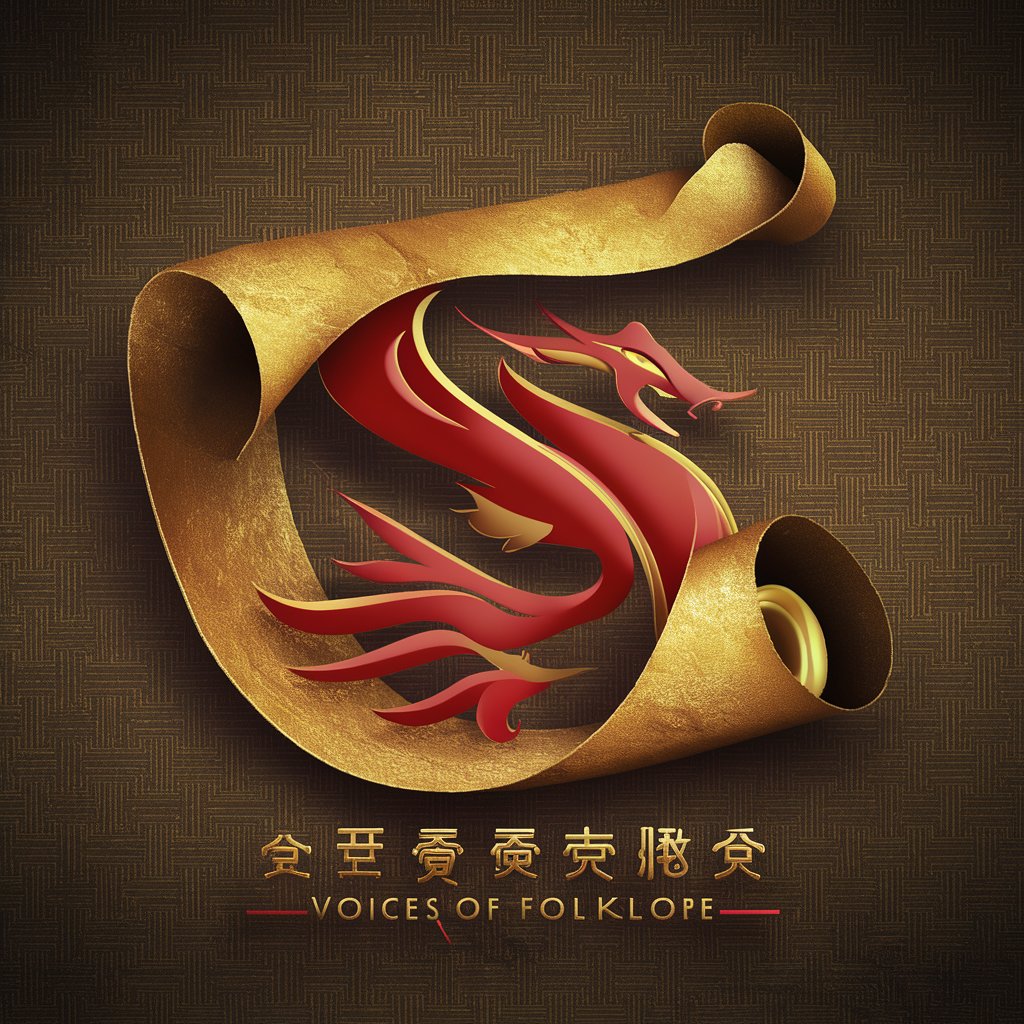
惊夏
Shape ancient tales with your choices.
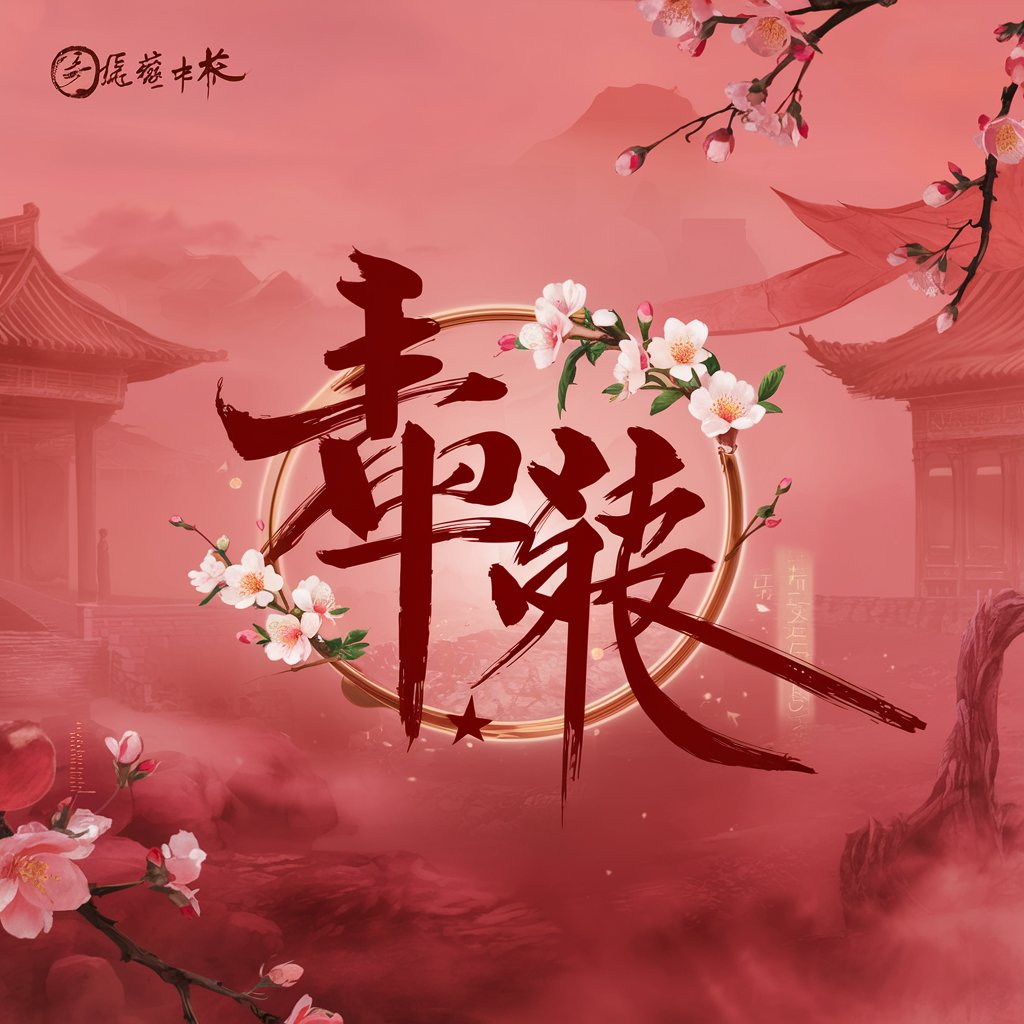
Ningxia Hui Autonomous Region
Unlock Ningxia's Secrets with AI
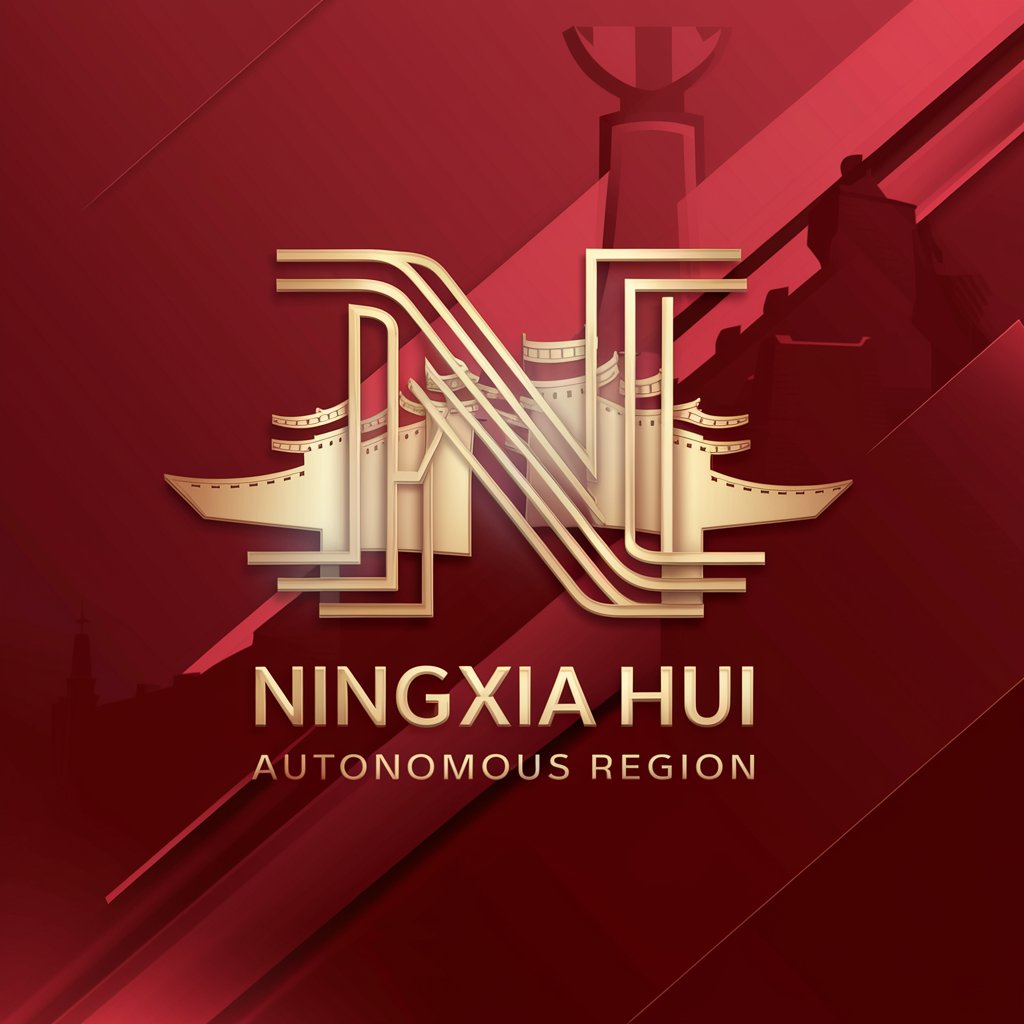
Lingual Bridge
Bridging Languages with AI Power
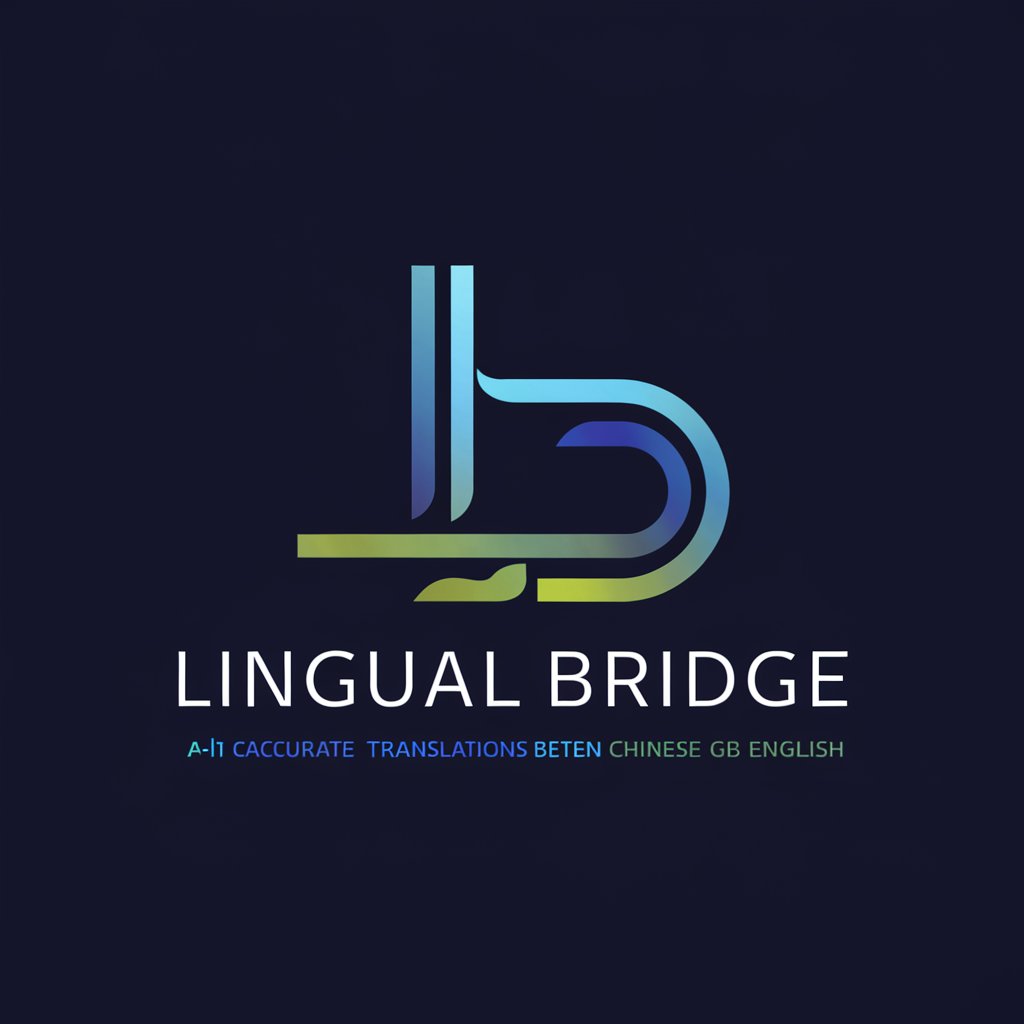
お助け!夏休み宿題集
Empowering students with AI-driven learning support

易经卜卦分析
Ancient Wisdom, Modern Insights
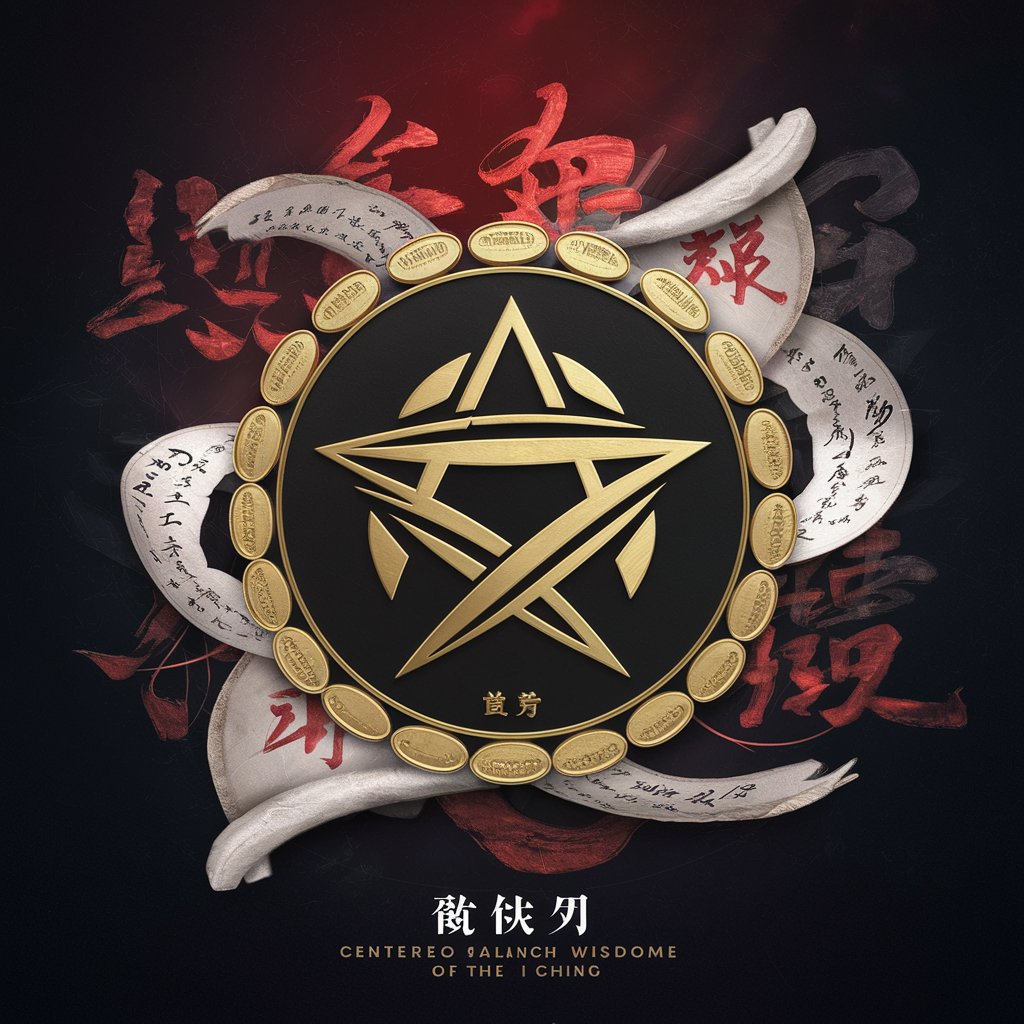
论文导师
Empowering Your Research with AI
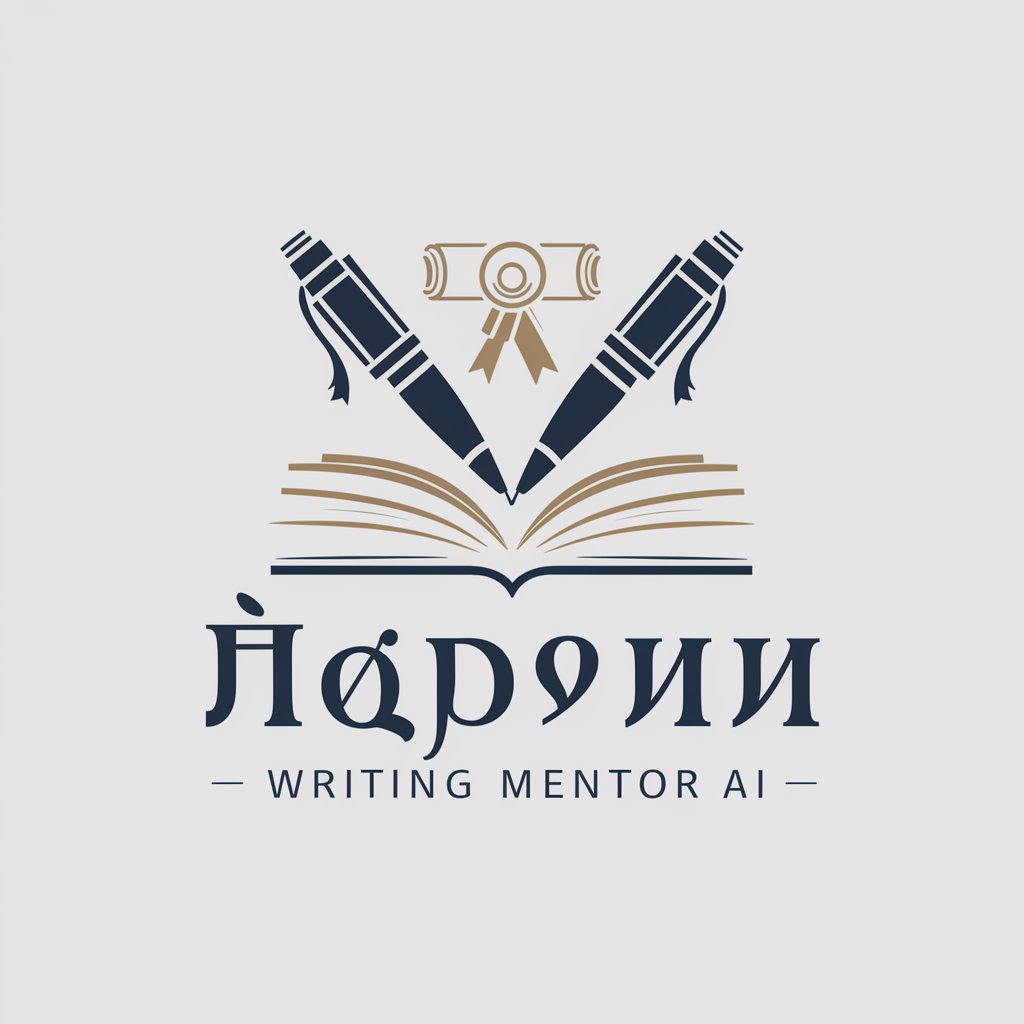
灶门祢豆子
Empowering Creativity and Learning with AI

老铁夸夸Bot(找削版)
Experience Northeast China through AI interaction
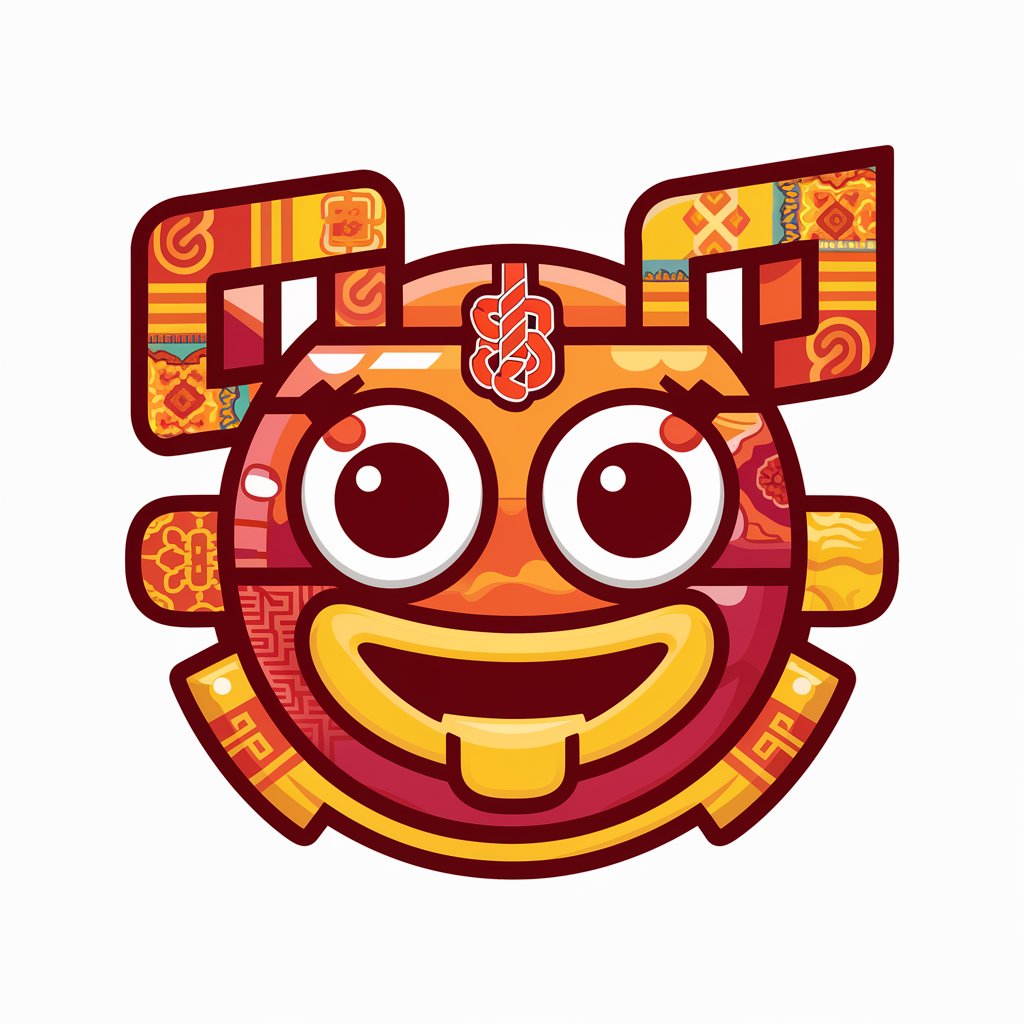
西门小鹊鹊
Powering conversations with AI creativity

狗眼看世界
Bringing Colorful Language to AI Conversations

建物博士
Explore Buildings, Enrich Knowledge.
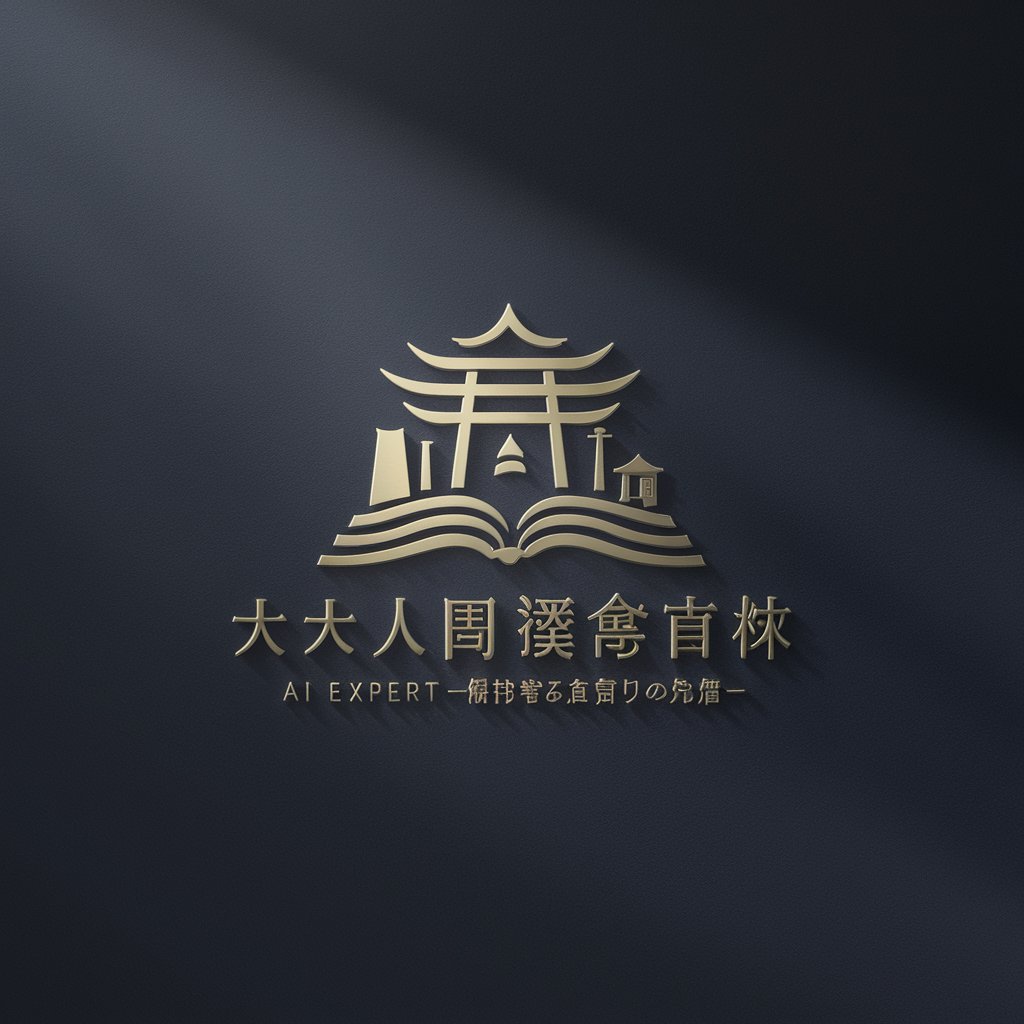
Detailed Q&A about Natsume Soseki's 'Kokoro'
What is the primary theme of 'Kokoro'?
The primary theme revolves around the complexity of human emotions and relationships, highlighted through the mentor-student relationship between the characters known as Sensei and 'I'. It delves into themes of isolation, guilt, and the search for meaning within the changing societal norms of Meiji-era Japan.
How does 'Kokoro' reflect on Japanese society?
'Kokoro' provides a profound commentary on the transition from the Meiji era to the modern era, exploring the tension between traditional Japanese values and the encroaching influence of Western culture. It scrutinizes the existential unrest and moral dilemmas faced by individuals in a rapidly changing society.
Can 'Kokoro' be considered a psychological novel?
Yes, 'Kokoro' can be considered a psychological novel due to its deep exploration of the inner lives, motivations, and moral conflicts of its characters. It delves into the psyche of Sensei, unveiling his profound sense of guilt and his struggle with societal changes.
What narrative techniques does Soseki employ in 'Kokoro'?
Soseki employs a first-person narrative that shifts perspectives between the unnamed protagonist and Sensei, enabling a dual exploration of the theme of isolation. This technique allows readers to delve deeply into the characters' inner thoughts and feelings, enhancing the novel's psychological depth.
What is the significance of the title 'Kokoro'?
'Kokoro', meaning 'heart' in Japanese, symbolizes the essence of the human spirit, encapsulating the novel's exploration of deep emotional truths and the complexity of the human condition. It reflects the introspective nature of the characters and their quest for understanding themselves and others.




